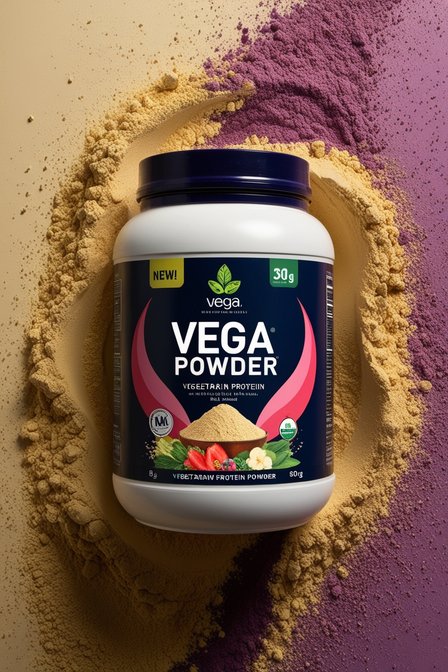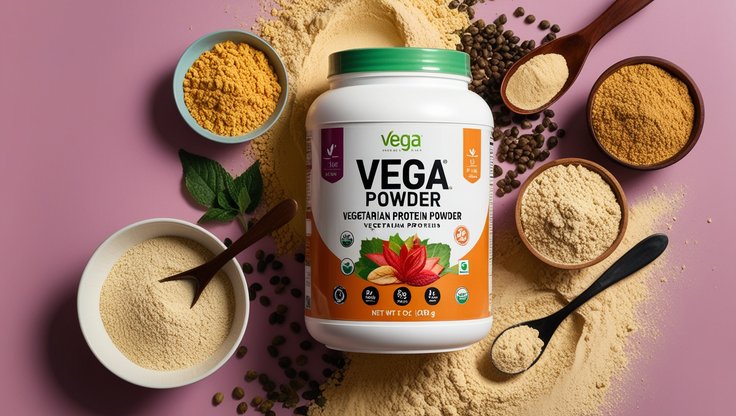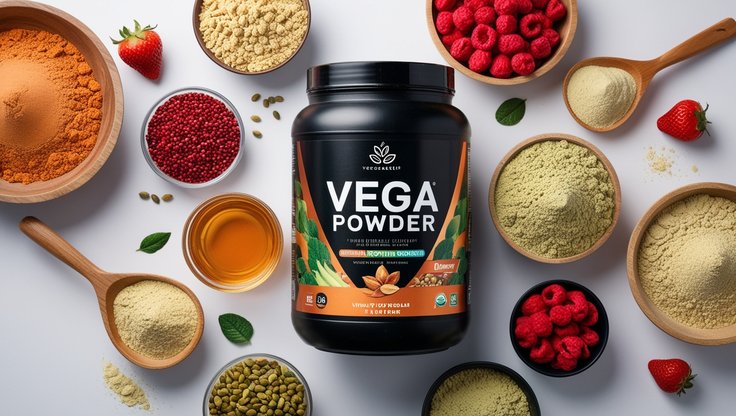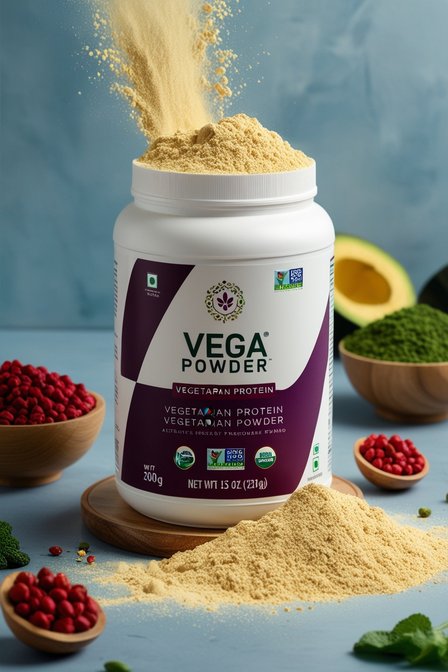Understanding Vegan Protein for Weight Loss
The popularity of vegan diets has surged in recent years, driven by increasing awareness of health benefits, environmental concerns, and ethical considerations regarding animal welfare. Among the many aspects of vegan nutrition, one topic of significant interest is the role of vegan protein in weight loss. This article explores how vegan protein can aid in weight management, delves into various sources of vegan protein, and addresses common concerns and misconceptions.
The Role of Protein in Weight Loss
Protein is an essential macronutrient that plays a critical role in weight loss. It helps to build and repair tissues, supports immune function, and serves as a building block for enzymes and hormones. When it comes to weight loss, protein is particularly beneficial due to its ability to increase satiety, reduce hunger, and boost metabolism.
Satiety and Reduced Hunger
One of the primary reasons protein aids in weight loss is its effect on satiety. High-protein foods can help you feel fuller for longer, reducing the likelihood of overeating and snacking between meals. This is because protein influences the release of hormones such as ghrelin and peptide YY, which help regulate hunger and fullness.
Metabolism and Thermic Effect
Protein has a higher thermic effect compared to carbohydrates and fats, meaning that the body uses more energy to digest, absorb, and process protein. This can result in a slight increase in metabolic rate, contributing to weight loss over time. Consuming adequate protein can also help preserve lean muscle mass during weight loss, ensuring that the majority of weight lost comes from fat rather than muscle.
Vegan Protein Sources
For those following a vegan diet, obtaining sufficient protein can be a concern, but there are many excellent plant-based protein sources available. These include legumes, grains, nuts, seeds, and vegetables. Some of the best vegan protein sources for weight loss include:
Legumes
Legumes such as lentils, chickpeas, black beans, and peas are rich in protein and fiber, making them excellent choices for weight loss. Fiber adds bulk to your diet, promoting fullness and aiding digestion. Legumes are also versatile and can be incorporated into a variety of dishes, from soups and stews to salads and dips.
Grains
Whole grains like quinoa, farro, and brown rice are good sources of protein and fiber. Quinoa, in particular, is a complete protein, meaning it contains all nine essential amino acids that the body cannot produce on its own. Including whole grains in your diet can help maintain energy levels and support muscle repair and growth.
Nuts and Seeds
Nuts and seeds are nutrient-dense and provide a good amount of protein, healthy fats, and fiber. Almonds, chia seeds, flaxseeds, hemp seeds, and pumpkin seeds are particularly high in protein. These can be added to smoothies, oatmeal, salads, or enjoyed as a snack.
Vegetables
Certain vegetables are surprisingly high in protein. Broccoli, spinach, Brussels sprouts, and kale are not only rich in vitamins and minerals but also provide a decent amount of protein. Incorporating a variety of vegetables into your meals can enhance nutrient intake and support weight loss efforts.
Vegan Protein Supplements
For those who struggle to meet their protein needs through whole foods alone, vegan protein supplements can be a convenient option. These supplements come in various forms, including powders, bars, and ready-to-drink shakes. Common types of vegan protein powders include:
Pea Protein
Pea protein is derived from yellow split peas and is a popular choice for its high protein content and digestibility. It is also hypoallergenic, making it suitable for those with food sensitivities or allergies.
Rice Protein
Rice protein, made from brown rice, is another excellent option. While it is not a complete protein on its own, it can be combined with other plant-based proteins to provide a balanced amino acid profile.
Hemp Protein
Hemp protein is made from the seeds of the hemp plant and is rich in omega-3 fatty acids, which support heart health. It also contains fiber, aiding in digestion and promoting satiety.
Addressing Common Concerns
There are several misconceptions about vegan protein and weight loss that need to be addressed:
Protein Quality
A common concern is that plant-based proteins are inferior to animal-based proteins due to their incomplete amino acid profiles. While it is true that most plant proteins are not complete, consuming a variety of plant-based protein sources throughout the day can ensure you obtain all essential amino acids. Combining different protein sources, such as beans and rice, can create a complete protein profile.
Protein Absorption
Some people worry that plant-based proteins are not as easily absorbed as animal proteins. While it is true that certain plant compounds can inhibit protein absorption, this effect is generally minimal when a diverse diet is consumed. Cooking and processing methods can also improve the digestibility of plant proteins.
Nutrient Deficiency
Another concern is the potential for nutrient deficiencies in a vegan diet, particularly with nutrients commonly found in animal products, such as vitamin B12, iron, and omega-3 fatty acids. However, with careful planning and the inclusion of fortified foods or supplements, these nutrients can be adequately obtained on a vegan diet.
Practical Tips for Incorporating Vegan Protein
Incorporating vegan protein into your diet for weight loss does not have to be complicated. Here are some practical tips to help you get started:
Plan Your Meals
Planning your meals in advance can ensure you include a variety of protein sources throughout the day. Aim to include a source of protein in each meal and snack to keep your energy levels stable and hunger at bay.
Experiment with Recipes
Explore new recipes and cooking methods to keep your meals interesting and enjoyable. There are countless vegan recipes available online that are both delicious and protein-rich.
Utilize Protein Supplements
If you find it challenging to meet your protein needs through whole foods, consider incorporating vegan protein supplements into your diet. Add protein powder to smoothies, oatmeal, or baked goods for an easy protein boost.
Monitor Your Progress
Keep track of your protein intake and weight loss progress. This can help you identify any areas that may need adjustment and ensure you are meeting your nutritional needs.
Conclusion
Vegan protein can play a crucial role in weight loss by promoting satiety, preserving lean muscle mass, and supporting metabolic health. With a variety of plant-based protein sources available, it is entirely possible to meet your protein needs on a vegan diet. By planning your meals, experimenting with new recipes, and considering protein supplements when necessary, you can successfully incorporate vegan protein into your weight loss journey. Embracing a vegan lifestyle not only supports personal health goals but also contributes to a more sustainable and ethical food system.




